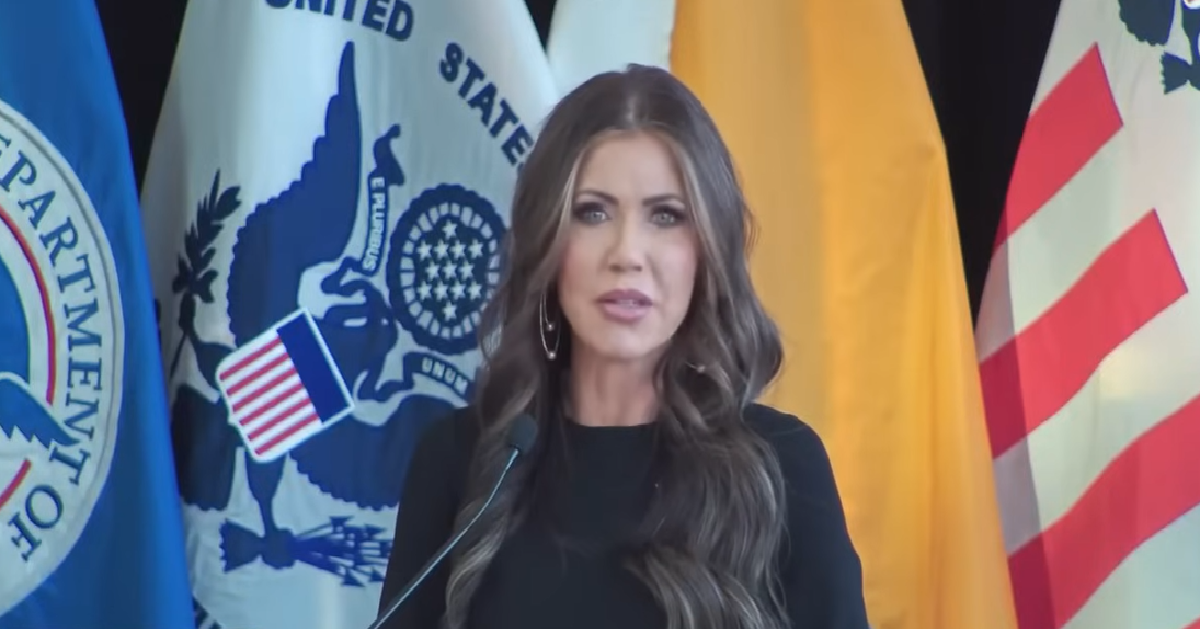Supreme Court refuses hear lawsuit alleging discrimination against white and Asian students
Last year, America's highest judicial body ruled that colleges may not use race as a factor when determining which schools to admit.
While that decision was cheered by Republicans, another move by the Supreme Court earlier this week is likely to leave them furious.
Case concerned admissions policy which was adopted in 2020
According to Fox News, the justices announced on Monday that they will not hear an appeal filed by a group known as the Boston Parent Coalition for Academic Excellence.
The organization filed a lawsuit over Boston's policy regarding three local academic institutions: Boston Latin Schools, Boston Latin Academy and the John D. O'Bryant School of Mathematics and Science.
Supreme Court rejects Boston parents' appeal claiming racial bias in an admissions policy https://t.co/QbZBoUqUEu
— Fox News (@FoxNews) December 10, 2024
As Fox News explained, all three schools dropped their entrance exam requirements four years ago and instead began selecting students based upon their grade point average and ZIP code.
The change was made in response to the COVID-19 pandemic, with administrators arguing that it was impractical to carry out in-person examinations.
Boston Parent Coalition for Academic Excellence pointed to last year's ruling
However, the Boston Parent Coalition for Academic Excellence maintained that the change caused white and Asian enrollment to go down.
It pointed to the Supreme Court's holding last year which found that admission policies which use race as a consideration are in violation of the 14th Amendment's Equal Protection clause.
In response, the city pointed out that it has since scrapped the admission scheme in question and now uses one which relies on standardized testing.
Justice Neil Gorsuch cited that fact when explaining why the case would not be heard, writing, "The parents and students do not challenge Boston’s new policy, nor do they suggest that the city is simply biding its time, intent on reviving the old policy."
Justices Thomas and Alito offer dissent
"Strictly speaking, those developments may not moot this case. But, to my mind, they greatly diminish the need for our review," Gorsuch added.
That reasoning was rejected by Justices Clarence Thomas and Samuel Alito, who wrote in their dissent that Boston's policy represented "a glaring constitutional error that threatens to perpetuate race-based affirmative action."
Alito went on to add, "I would reject root and branch this dangerously distorted view of disparate impact. The Court, however, fails to do so today, so I must respectfully dissent."






